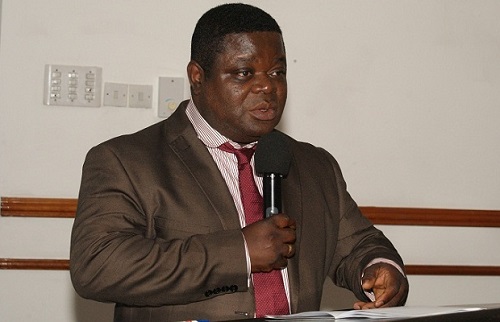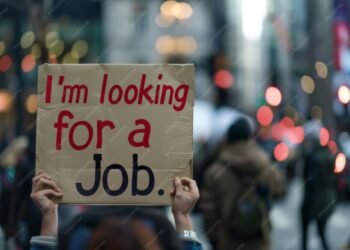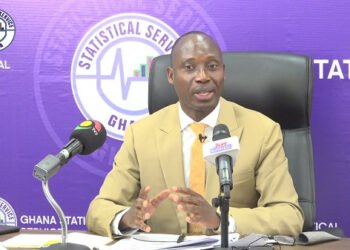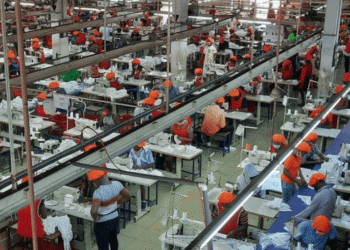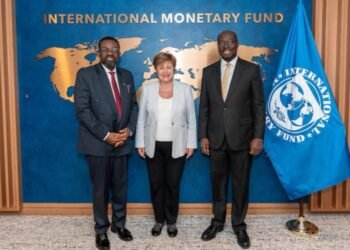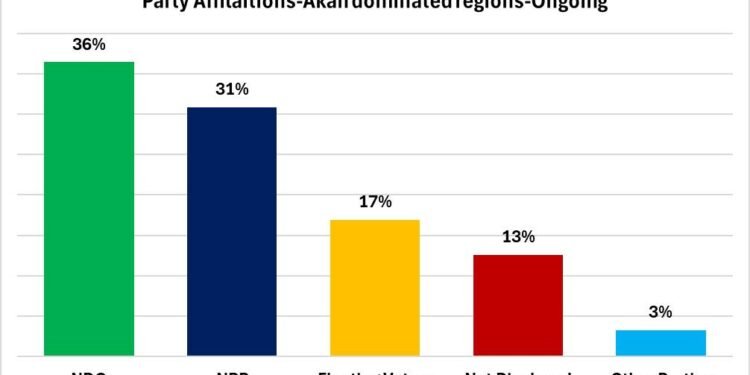Economist, Professor Peter Quartey has cautioned government to ensure that the approved supplementary budget for the next half of this year is spent in sectors that can revive the economy.
According to the Director of the Institute of Statistical and Social Economic Research (ISSER), the revised fiscal targets by government is necessary to ensure the country is back onto the growth path quickly.
Last month, the Minister of Finance, Ken Ofori-Atta, requested Parliament to approve more than GH¢11. 8 billion to support government’s expenditure for the rest of the year.
The Minister made it clear that the coronavirus pandemic had led government to breach the Fiscal Responsibility Act.
The Act imposes a cap of five per cent of GDP on fiscal deficit but the challenges of the pandemic had necessitated a breach with the deficit now projected to reach 11.4 per cent of Gross Domestic Product (GDP).
Prof Quartey, however, in an interview insisted that, even though the revised FRA is not overboard because of the disruptions of the pandemic, government’s plans must be implemented well to avoid waste.
“It now sits about 11.4 percent of GDP and which is still within the projection for the sub-Saharan African average. If we are able to stay within 10, 11, 12 percent, that is key because we are not in normal times.
He added that in times likes these the government must “find money to spend and revive the economy”.
To him, the government must,
“Not just give people money, {or} put money in peoples’ pockets. You also have to grow the productive base so that it doesn’t become inflationary.
“When you are building you are putting money in the economy, you are employing people and that can help turn the economy around. If ours is roads, we need roads, let’s construct roads. As much as we can find cheaper sources of finance and construct the roads.”
The Minister’s request which has been approved by Parliament has raised mixed reactions.
As some experts believe this amount is needed to help government prop up the economy, others are skeptical about how prudent the amount will be used.
Some sections have also made the point that, this year being an election year make them wonder if the waiver of the FRA would not cause a disregard of financial prudence.
Regardless of the damage done by the COVID-19 pandemic, Prof. Augustine Fosu who is also an economist with ISSSER has cautioned that the suspension of the FRA can affect the country’s credit ratings.
Doubtless, the activities of the government will be watched with keen interest by key players in the economy in these uncertain times.

